The EU is stepping up efforts to implement the Energy Efficiency Directive for data centers by announcing a related energy efficiency package, due to be released in Q1 2026.
filters
Explore All Topics
Serverless container services enable rapid, per-second scalability, which is ideal for AI inference. However, inconsistent and opaque pricing metrics hinder comparisons. This pricing tool compares the cost of services across providers.
Serverless container services enable rapid scalability, which is ideal for AI inference. However, inconsistent and opaque pricing metrics hinder comparisons. This report uses machine learning to derive clear guidance by means of decision trees.
Although the data center industry is mostly aware of the EU’s Energy Efficiency Directive, Uptime Intelligence’s research suggests widespread confusion on specific components of the directive — and its implementation status.
Although the share of processing handled by the corporate or enterprise sector has declined over the years, it has never disappeared. But there are signs that it may reclaim a more central role.
For the past 15 years, the case for moving workloads out of enterprise data centers and into the cloud and colocation has been strong. Power availability and demand for high-density capacity may change that.
The past year warrants a revision of generative AI power estimates, as GPU shipments have skyrocketed, despite some offsetting factors. However, uncertainty remains high, with no clarity on the viability of these spending levels.
As AI workloads surge, managing cloud costs is becoming more vital than ever, requiring organizations to balance scalability with cost control. This is crucial to prevent runaway spend and ensure AI projects remain viable and profitable.
We hosted an exclusive briefing on the Uptime Institute Network — the global community of data center leaders dedicated to improving operational resilience, efficiency, and strategic planning.
This briefing report identifies and describes several de facto standards and laws used in the field of data center sustainability and efficiency (for convenience, we use the term “standards” for all).
Uptime Institute believes that data center operators should optimize facility-level sustainability performance before addressing ecosystem issues. A clear definition of data center sustainability is needed to enable this approach.
The US government’s AI compute diffusion rules, introduced in January 2025, will be rescinded — with new rules coming. It warns any dealings linked to advanced Chinese chips will require US export authorization. Operators still face tough demands.
IT operators lack a credible work-per-energy metric to report overall IT and facilities system efficiency. Developments in reporting IT equipment work capacities enable the industry to begin experimenting with this metric.
In the US, the politicization of data center development is underway, driven by its impact on power prices. As state governments seek ways to protect consumers, operators will need to engage in the policy debate.
Many operators expect GPUs to be highly utilized, but examples of real-world deployments paint a different picture. Why are expensive compute resources being wasted — and what effect does this have on data center power consumption?
 Tomas Rahkonen
Tomas Rahkonen

 Owen Rogers
Owen Rogers

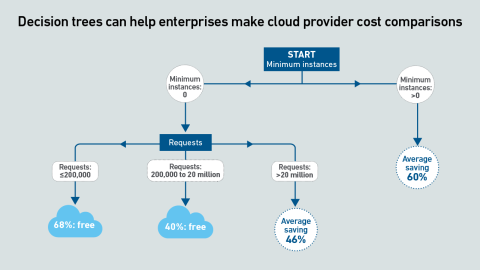

 Andy Lawrence
Andy Lawrence
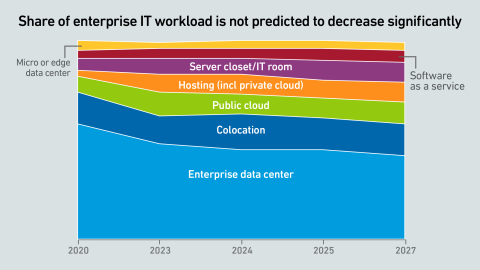
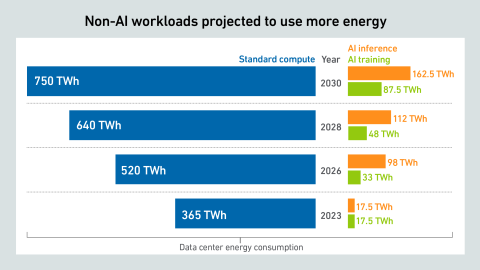
 Daniel Bizo
Daniel Bizo
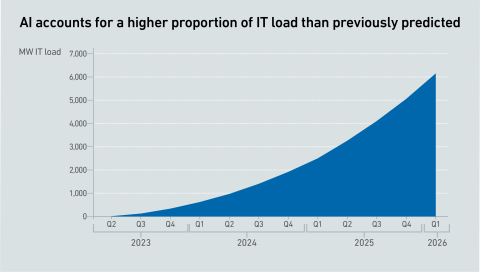
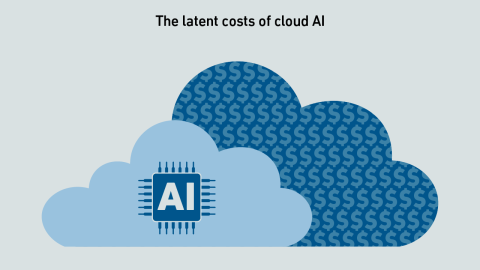
 Matt Stansberry
Matt Stansberry
 Scott Killian
Scott Killian
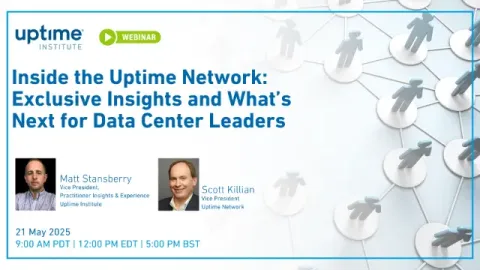
 Jay Dietrich
Jay Dietrich
 Seb Shehadi
Seb Shehadi
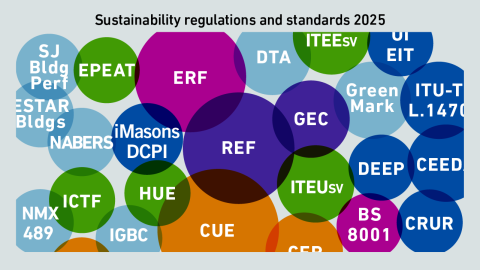


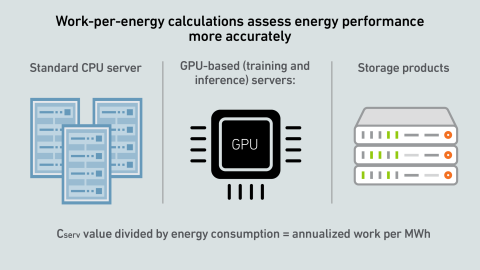
 Peter Judge
Peter Judge
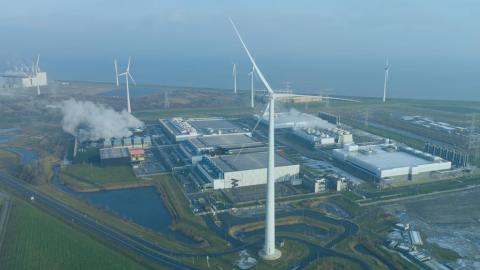
 Max Smolaks
Max Smolaks
